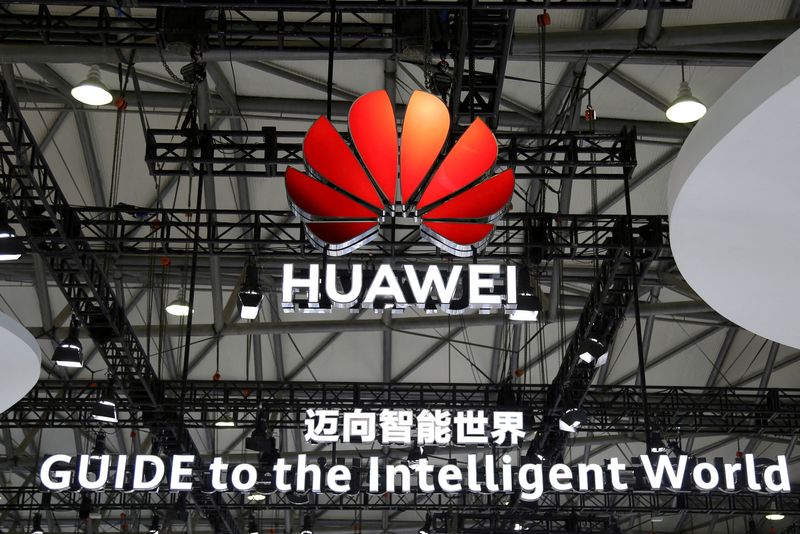A senior executive at Chinese technology giant Huawei on Thursday dismissed the idea that a shortage of the most advanced artificial intelligence chips will hinder the country's aim to be a leader in AI, but said innovation is needed to address the issue.
The comments by Zhang Ping'an, CEO of Huawei Cloud, comes amid tighter U.S. restrictions on advanced AI chip shipments to China including a ban on sales there by companies such as U.S. giant Nvidia (NASDAQ:NVDA).
"Nobody will deny that we are facing limited computing power in China... But we cannot rely solely on having the AI chips with the advanced manufacturing process nodes as the ultimate foundation for AI infrastructure,” Zhang told a forum at the World AI Conference in Shanghai, a three-day event that kicked off on Thursday.
"If we believe that not having the most advanced AI chips means we will be unable to lead in AI, then we need to abandon this viewpoint," Zhang said.
Huawei, which has been placed on the U.S. Entity List barring it from purchasing advanced chips from U.S. companies, has developed its own AI chip product called Ascend, which is now used by many companies in China to train AI models.
However, the Ascend AI chip, along with many others from Chinese companies, is considered to be significantly inferior in terms of computing power compared to the offerings from Nvidia.
Zhang called for innovative approaches that place more focus on the cloud, which he said can help to compensate for the lack of advanced AI chips through innovation in computing architecture.
He also said that a converged approach is needed to combine cloud, edge, and networks in ways that can be used to reduce energy consumption and improve overall efficiency. Zhang touted Huawei Cloud as being among the leaders in providing such innovative solutions.













